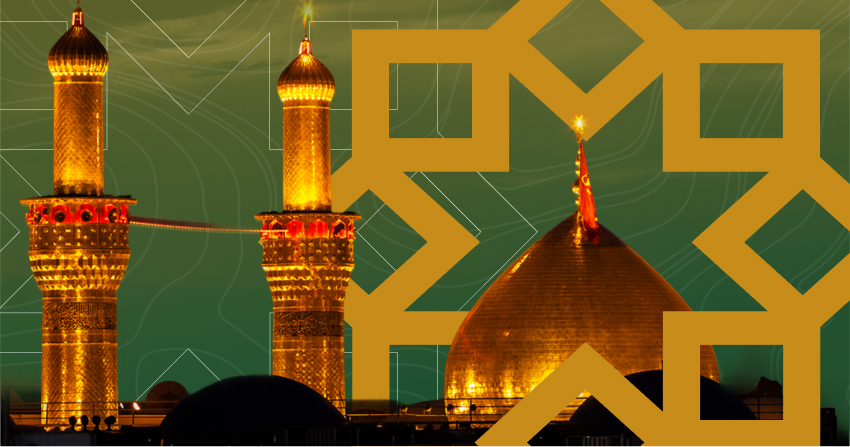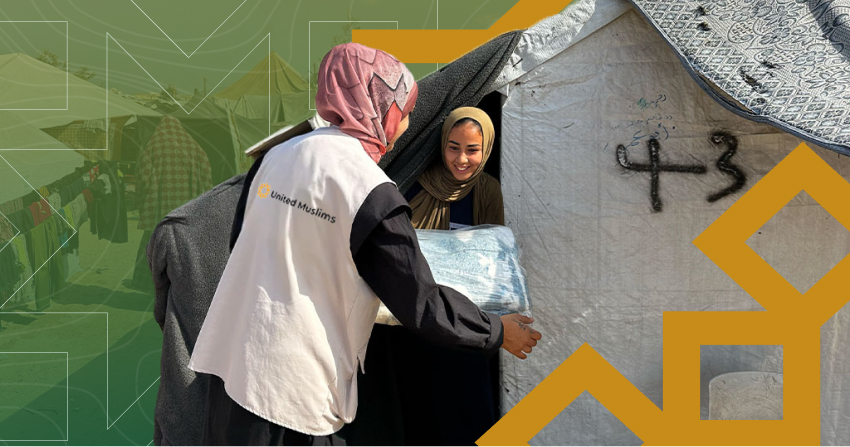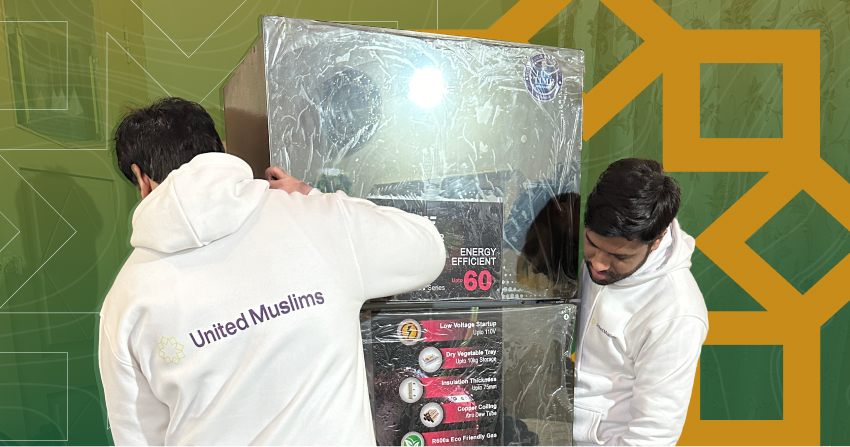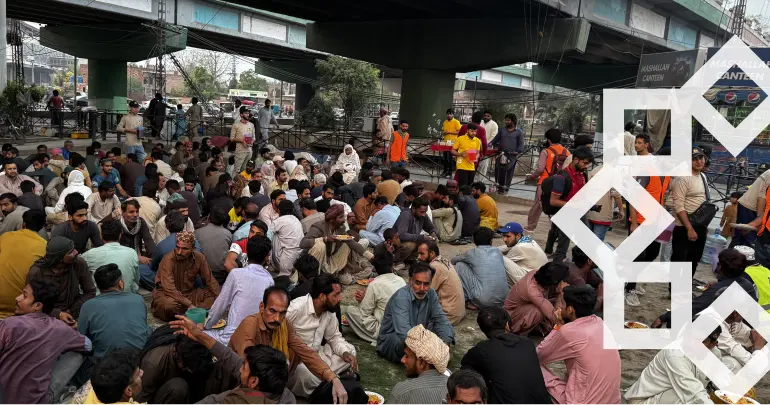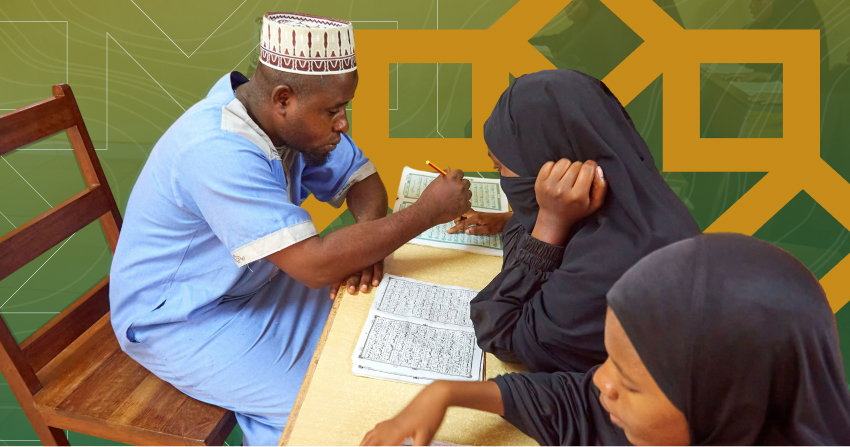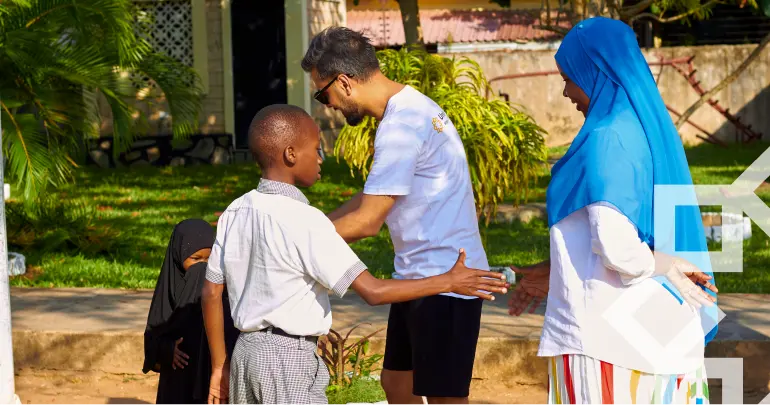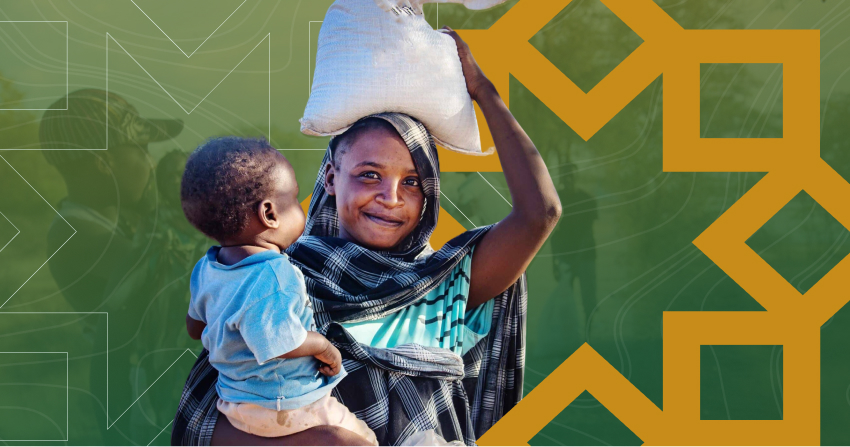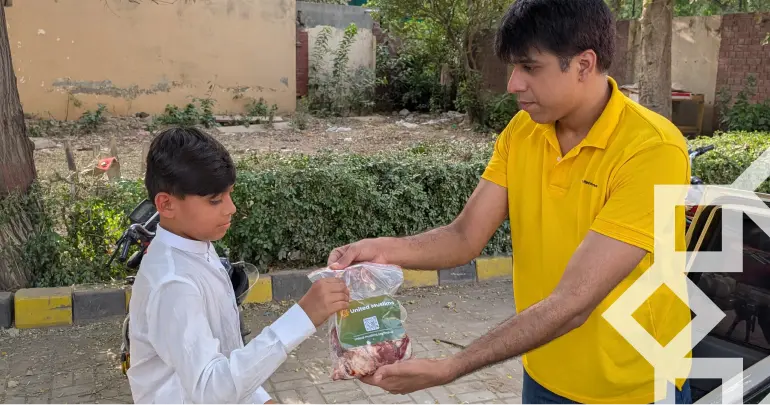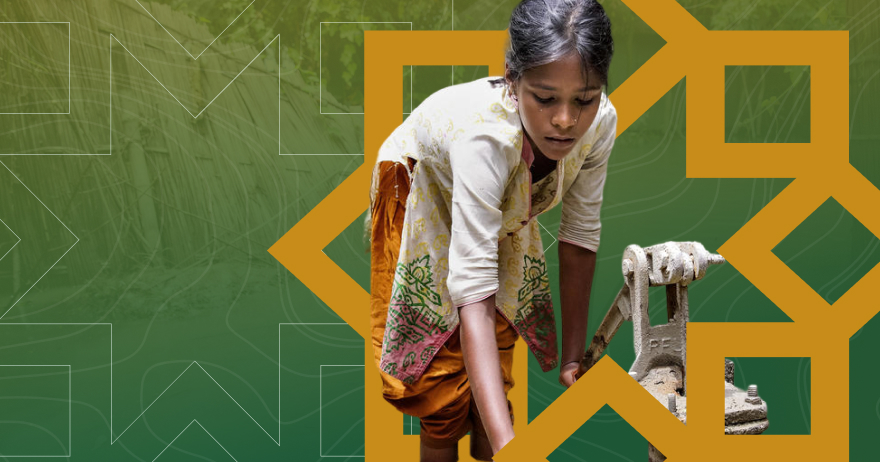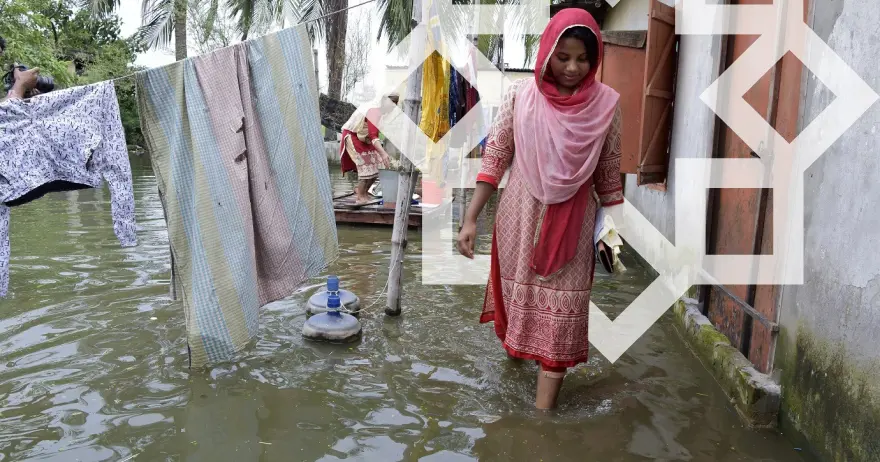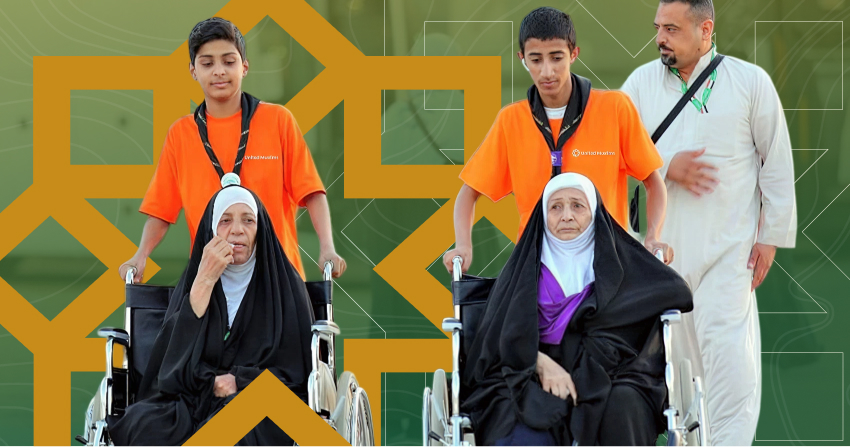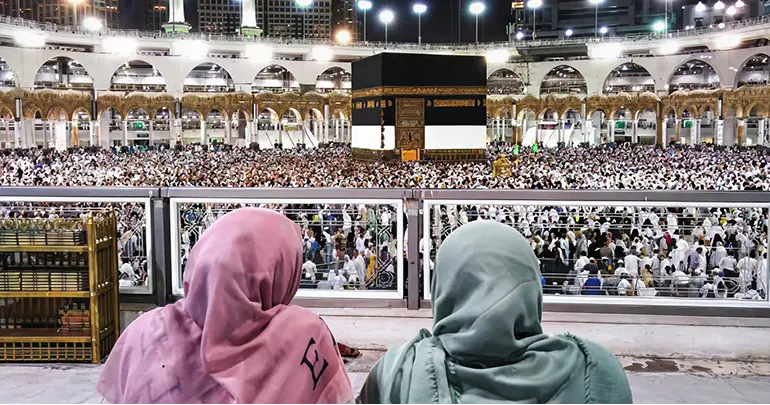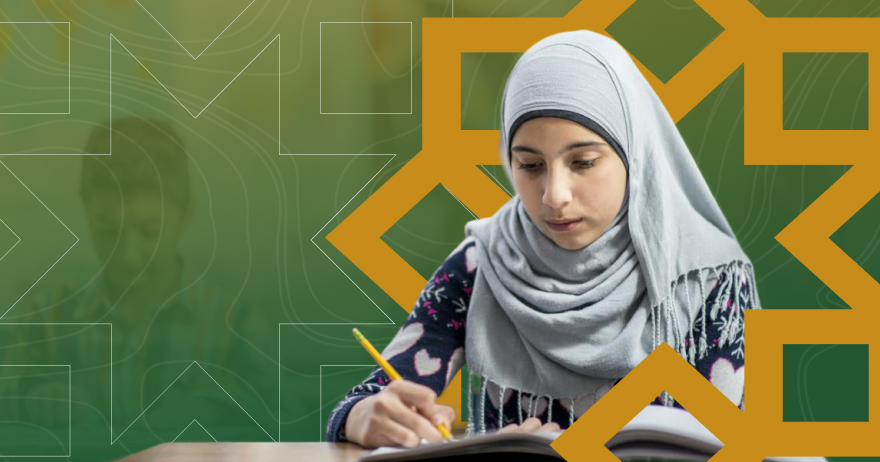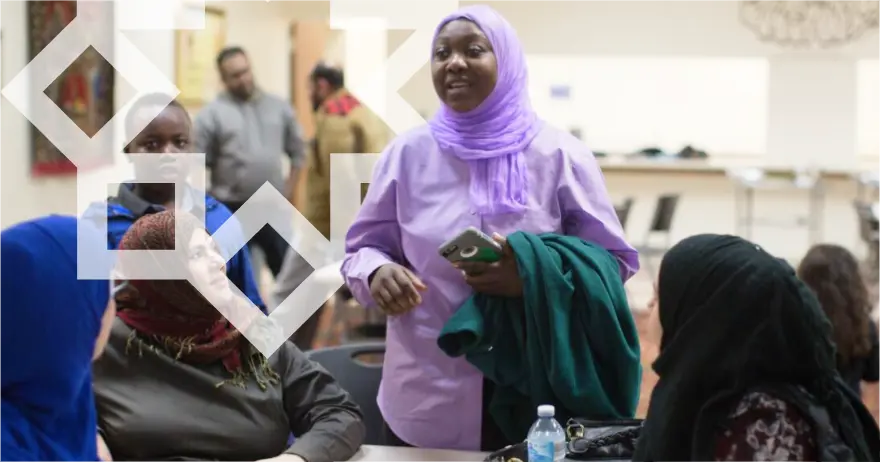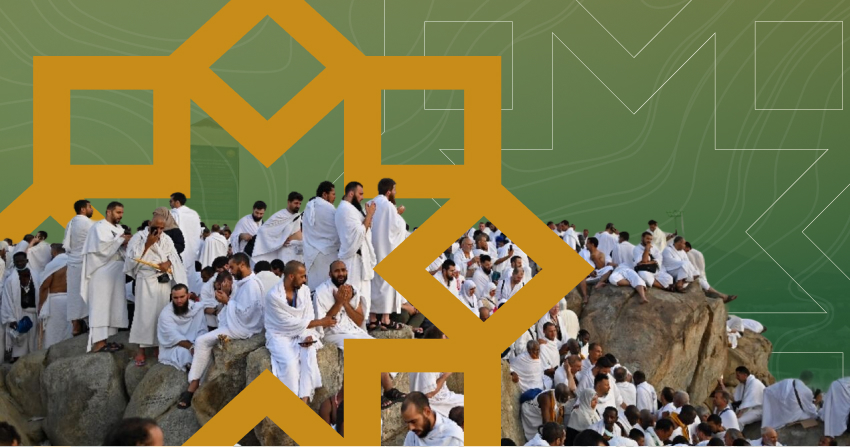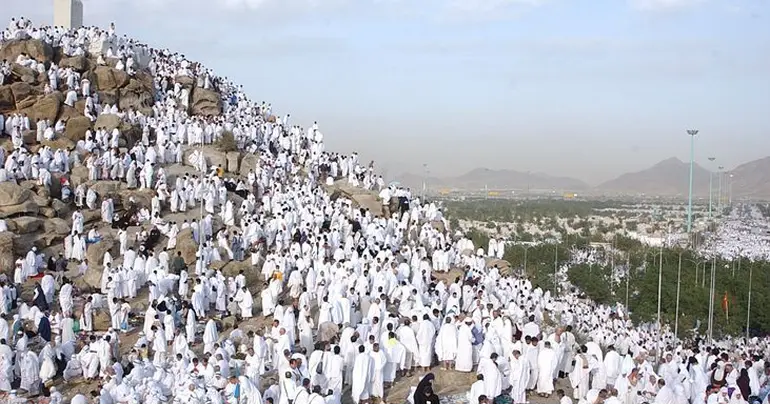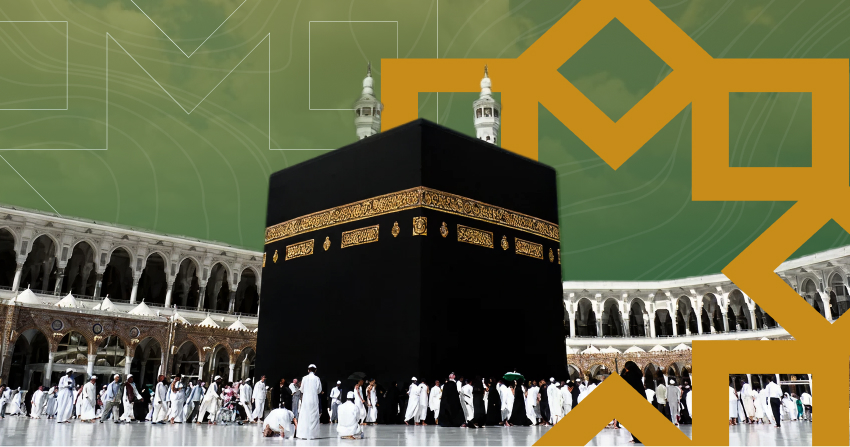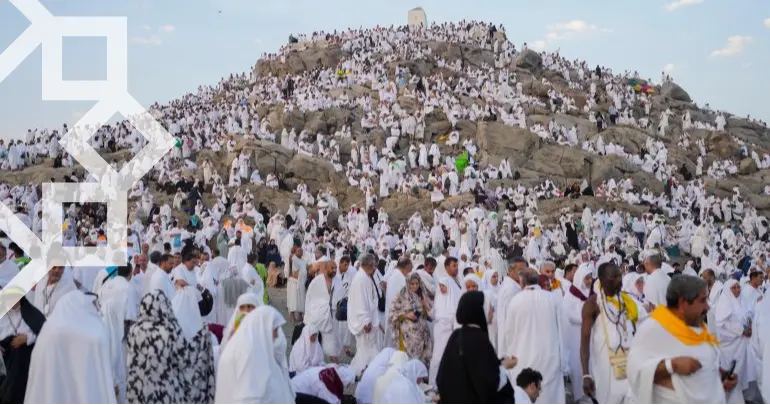What Is Muharram? The First Month of the Islamic Year
As the crescent moon rises, it marks the beginning of the Islamic New Year and the arrival of Muharram, a blessed time for reflection, renewal, and deeper connection with Allah.
More than just the first month in the Islamic calendar, Muharram is one of the four sacred months in Islam. It invites us to pause, look inward, and strengthen our spiritual intentions. Rather than celebration, this month calls us to reflect on sacrifice, faith, and legacy.
Muharram 1447 AH is expected to begin on Friday, 27 June 2025, depending on the sighting of the moon.
In this blog, we will explore the importance of Muharram, its historical relevance, and how we can begin the new Islamic year with purpose and generosity.
The Islamic Calendar: A Spiritual Framework
The Islamic calendar follows the lunar cycle and begins with Muharram. Each month starts with the sighting of the new moon, and four months, including Muharram, are considered sacred.
Unlike the Gregorian New Year, which often centres on celebration, the Islamic New Year begins with remembrance, worship, and acts of charity. It is a time to reconnect with our values and make sincere intentions for the year ahead.
Why Muharram Holds Deep Significance
The word “Muharram” means “forbidden,” symbolising peace and dignity. Even before Islam, this month was considered sacred, where conflict was avoided. Islam upheld this principle and gave the month even deeper meaning.
This is a time when good deeds are multiplied and sincere actions bring us closer to Allah. Whether through prayer, generosity, or quiet reflection, Muharram encourages us to nurture our spiritual wellbeing. As mentioned in the Quran:
“Surely in the remembrance of Allah do hearts find comfort.” — Surah Ar-Ra’d (13:28)
Muharram also reminds us of Imam Hussain (RA), the beloved grandson of the Prophet Muhammad (peace be upon him), who stood courageously at the Battle of Karbala. On the 10th of Muharram, he sacrificed his life in defence of justice, truth, and unwavering faith.
His legacy is not just a story of the past. It’s a call to embody patience, integrity, and compassion in our everyday lives.
Let this sacred month be a reminder to reflect deeply, reconnect with your faith, and help lift others through small acts of kindness.
Donate your zakat
Fulfil your obligation today – give Zakat and be a source of hope for those in need!
Ashura – A Day of Meaning and Mercy
The 10th of Muharram, known as the Day of Ashura, is one of the most meaningful days in the Islamic calendar. It is a day that brings together deep reflection, gratitude, and faith.
On this day, Allah saved Prophet Musa (AS) and his people from the tyranny of Pharaoh. When the Prophet Muhammad (peace be upon him) heard of this, he encouraged Muslims to fast in recognition of Allah’s mercy and deliverance. He said:
“Fasting the day of ‘Ashura’, I hope, will expiate for the sins of the previous year.” (Sunan Ibn Majah)
Fasting on Ashura is Sunnah, and many also choose to fast on the 9th or 11th to distinguish their practice from earlier traditions and gain greater reward. Beyond fasting, Ashura is a time to remember Allah’s mercy and honour the courage of those who stood for truth.
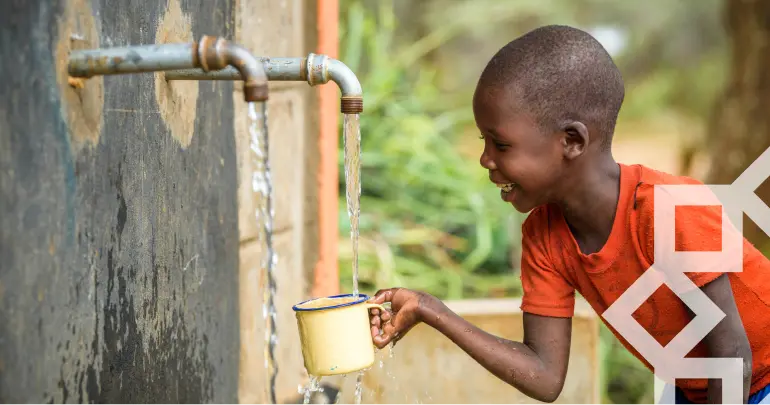
Give with Purpose This Muharram
While Muharram is a month of remembrance and reflection, it is also a time to act, especially through charity. Muharram presents an opportunity to uplift others and gain immense spiritual reward through charitable giving.
We are blessed with the comfort of warm homes, clean water, and food on the table. But countless people around the world face hunger, illness, and displacement. Muharram reminds us of their situations and encourages us to respond with kindness and care.
Allah reminds us:
“And whatever you spend of good – it will be fully repaid to you, and you will not be wronged.” — Surah Al-Baqarah (2:272)
This verse reminds us that every good we give is recorded and rewarded by Allah. No act of charity goes unnoticed or unrewarded.
Here are some meaningful ways to give this Muharram:
- Fulfil your Zakat or offer Sadaqah to support those in financial hardship
- Donate food parcels or clean water to regions facing a crisis
- Support education programmes and orphan sponsorship
- Contribute to emergency appeals in places such as Palestine and Afghanistan
- Provide Aqiqah donations in gratitude for Allah’s blessings
These acts reflect the very values Muharram teaches us: compassion, justice, and standing for what is right.
Each act of giving reflects the values this month teaches: compassion, justice, and generosity. Whether big or small, your contribution can bring real change to someone’s life.
This Muharram, let’s give from the heart and help make the world a little better for someone else.
Why Your Charity Matters Right Now
FromGaza to Kabul, families are going through extremely difficult times. Food, clean water and medical support, things we often take for granted, are simply out of reach for so many.
As a trusted charitable organisation, United Muslims is on the ground delivering urgent relief. From food donations and clean water projects to caring for orphaned children, your help goes straight to those who need it most.
This Muharram, when you choose to donate to charity, you are doing more than giving money. You are restoring hope. You are answering a prayer.
Begin the New Islamic Year with Impact
As we welcome the Islamic New Year, ask yourself:
- What do I want to improve spiritually this year?
- How can I support those facing difficulty?
- What values from Karbala can I carry into my life?
The Prophet (peace be upon him) said:
“Charity does not decrease wealth.” (Sahih Muslim)
Every pound given, every meal shared, every drop of water offered brings reward. This Muharram, take a step that brings you closer to Allah and brings relief to others.
Bringing hope through small acts of kindness—a meal, a helping hand, or a gift can light up a child’s day.
Make This Muharram Matter
Muharram marks more than the beginning of the Islamic year. It is a chance to realign our hearts, honour powerful lessons from our past, and become a source of good in the present.
But this time, let’s do more than reflect. Let this be the year you lead with kindness, give with sincerity, and uplift those in need.
Whether it is Zakat, Sadaqah, or a food donation, your action can make a real difference.
Start this year with meaning. Give hope. Give charity. Be a light for someone in need.
